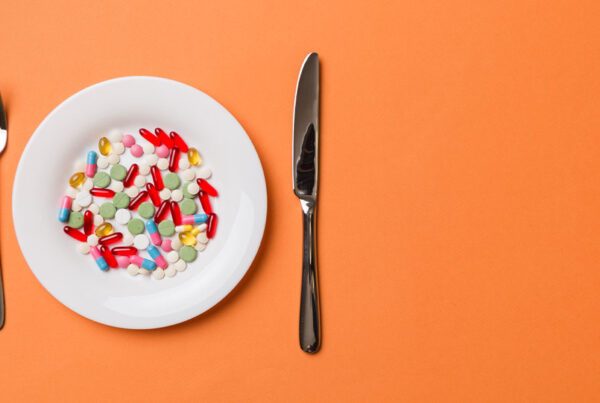What is the Importance of nutrition and diet for cancer patients?
Cancer can be called a cluster of more than 100 diseases which arise due to uncontrolled cellular growth. Treatment such as chemotherapy, radiation, surgery and immunotherapy are commonly used to control the growth. These treatments also affect “healthy” cells as well, hence causing detrimental or extreme side-effects. The side-effects that you face like nausea, body ache, gut disturbances, decreased hemoglobin levels are likely the ones to wear you down more than the disease itself. Following the right nutrition can help us tackle these symptoms with much ease and can also help to build our nutrition after every chemo or radiation cycle.
Apart from helping in facing or managing the symptoms effectively, following the right nutrition and diet can also help you with:
● Cachexia (characterized by weight loss, muscle and fat loss) is common in cancer patients and therefore, eating right can help in preventing the same.
● Eating right can help achieve optimal nutrition which otherwise can be difficult because of the cancer or the treatment.
● It can help maintain your nutritional status and prevent health regression.
● It can help in improving the effectiveness of conventional treatment.
● Good nutrition also has psychological benefits and helps you manage the disease well.
● It can help improve your immunity and your strength.
● It helps in reducing the rate of complications and the risk of prolonged hospital stay and healthcare cost. Helps in healing and recovering faster.
● Helps in improving or maintaining the body store of nutrients.
There is no one specific anti-cancer diet that has proven to cure cancer. There are however a few set guidelines that you can follow in terms of nutrition, body and mind in order to prevent cancer or reduce side-effects and improve the efficacy of treatment.
Few guidelines that you must consider:
● Choose a variety of healthy foods every day.
● Go organic. That means your exposure to herbicides, pesticides, fertilizers and synthetic additives is limited.
● Make sure that you eat at least 3-4 cups of fresh, seasonal, low glycemic index fruits and vegetables every day.
● Choose healthy fats, including omega-3 fatty acids, such as those found in fish, avocado and walnuts, other nuts and seeds. These foods are also considered anti-inflammatory.
● Select proteins such as fish, grass fed lean meats, eggs, nuts, seeds, lentils and legumes.
● Opt for healthy sources of carbohydrates, such as organic whole grains, legumes, and fruits and vegetables.
● Keep yourself well hydrated and be physically active.
● Use different and plenty of herbs and spices in your diet wherever possible. Like ginger, garlic, turmeric, oregano, thyme etc. These might help reducing the inflammation in the body.
● Consider including these below mentioned foods on a regular basis as they are proven to be anti-cancerous. Example- Garlic, Berries, Broccoli (cruciferous veggies), Green Tea/ Matcha Tea, Curcumin, Grapes, Tomatoes etc.
● Eat something small for every 2-3 hours if you are losing weight and unable to eat good portion size at a time. Make sure these meals are healthy and nutrient dense.
● Learn to manage your side effects with food, body and mind in order to improve your nutritional status. Example- you can try having ginger concoction if you have nausea, up your intake of fiber and liquids if you have constipation. Your dietitian/ nutritionist will be better able to assist you with the same.
Avoid:
● Unnecessary snacking in between your meals if it’s not required.
● Avoid sugar, refined or processed foods at all times.
● Anything with food additives like preservatives, artificial sweeteners, artificial flavors and colors is a big no.
● Keep yourself away from processed meat.
Tags: Importance of nutrition and diet for cancer patients, tackle the symptoms with much ease, build our nutrition after every chemo or radiation cycle, preventing cachexia, achieve optimal It can help maintain your nutritional status and prevent the health regression, improving the effectiveness of conventional treatment, psychological benefits, improve your immunity and your strength, reducing the rate of complications, reduce prolonged hospital stay and healthcare cost, Helps in healing and recovering faster, improving or maintaining the body store of nutrients.









